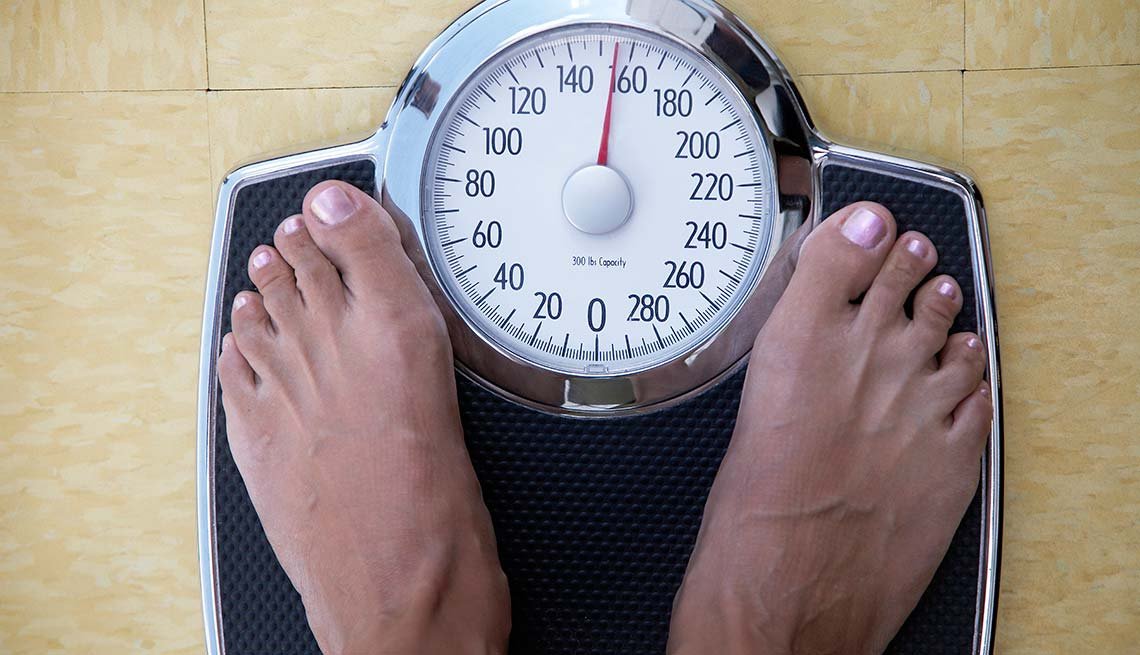✔️Your weight: is actually everything you have ( not only fat ) your muscle & bone , total body water ( at times water retention ????)& subcutaneous, visceral fat✔️Daily fluctuations you see on the scale is an outcome of your sleep ( less or too much)
Digestion ( bloating , constipation etc)
Water intake , metabolism & exercise routine
Hormonal changes ( mostly Incase of women)✔️FOOD CHOICES- If you have consumed a high carbohydrate diet coupled with high salt intake or reduce salt in last meal of the day which is dinner ,for a long time. You will see fluctuations in the scale.
-Excess of carbs / protein will get stored as fat in the body ( if it’s not getting utilised it not doing any good)
-Similarly, high sodium food will be accompanied by water will enter the cells and make you feel bloated.DIGESTION- If you’re consuming a high fibre, high protein diet and not taking enough fat and carbs the gut bacteria will not function well and produce gases that make you feel bloated and heavy.WATER – Drinking less water in comparison to the fibre you’re taking/ diet you’re eating. Can make you feel bloated and heavy.PHYSICAL ACTIVITY- Resistance training can impact the numbers on the scale due to the process called SARCOPLASMIC HYPERTROPHY. Simply means that your muscles retain fluid as an acute response to strenuous muscle contractions. Don’t fall victim to the old myth that muscles weigh more than fat. GRAM FOR GRAM -1kg fat is 1 kg muscle except muscles are denser than the VOLUME of fat meaning muscle will occupy less space than fat, so you might find yourself slimming down but not necessarily losing weight.Hope this answers a lot of questions regarding stubborn weight issues ????
#getthefact



